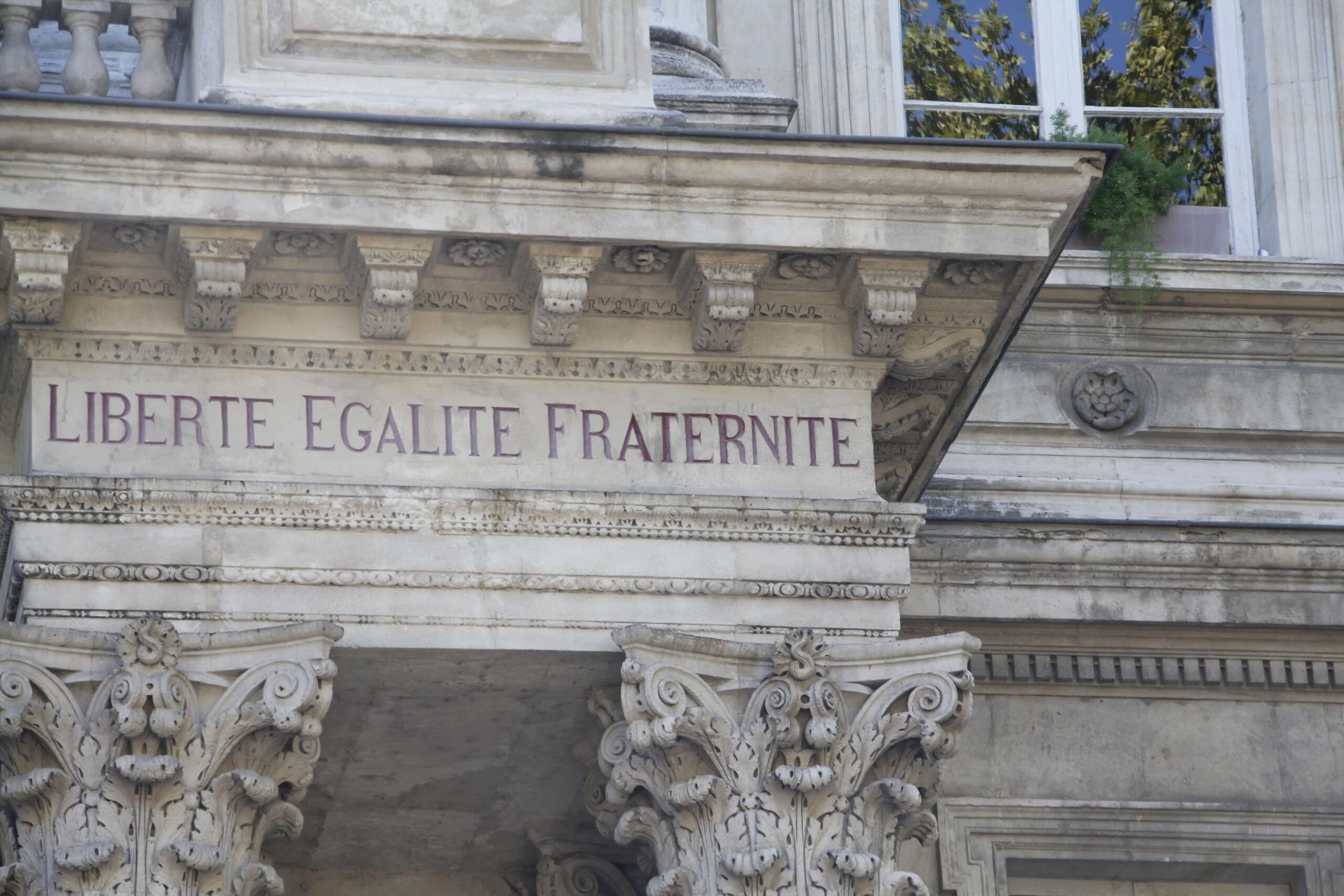Quebec’s secularist Bill 21, which bans public workers from wearing religious symbols, dredges up memories of a similar ban France initiated in 2004.
In 2004, the French government banned the display of “conspicuous” religious symbols in state schools and hospitals. Headscarves, yarmulkes and Christian crucifixes are no longer permitted in public schools in France. In Quebec, Bill 21 formally bans teachers, police officers and other public sector employees from wearing items like hijabs, turbans, kippahs, and crucifixes in the workplace. The Coalition Avenir Quebec (CAQ) legislation would affect public school teachers, Crown prosecutors, police officers, prison guards and judges, to name a few.
Dr. Liyakat Takim, a professor in the department of religious studies at McMaster University considers the Bill a violation of the basic tenets of the constitution. “This is intolerance and bigotry on part of the secularists. Imposing secularism on those who want to wear turbans, hijabs. There has to be freedom to practice religion and one’s beliefs. One of the practises of religions is to be able to wear certain religious symbols,” he says. Takim added, “All religious faiths must come together and take a stand: say no to such intolerance by secularists. It impacts all human society.”
“Secularism is about the neutrality of the state towards religion and not about limiting individuals’ freedom of religion.”
The Sikh population is considerably disturbed by the Bill, considering that there are approximately 15,000 Sikhs residing in Quebec. The World Sikh Organization of Canada (WSO) president, Mukhbir Singh, said: “We are deeply disappointed that the CAQ has introduced legislation banning the wearing of religious clothing and symbols in Quebec. The proposed legislation is a solution to a problem that does not exist — there is no evidence to suggest that individuals wearing items of religious clothing are negatively impacting anyone in society. Secularism is about the neutrality of the state towards religion and not about limiting individuals’ freedom of religion.”
In 2010, France banned the burqa—a full-body covering—if it covers one’s face in public areas. A fine of up to €150, and/or participation in citizenship education, is imposed on those who violate the law. In 2011, France became the first European country to impose a ban on full-face veils in public areas. Other European countries, including Denmark, Austria and Belgium, have implemented similar bans.
Soheila Rahemtulla grew up in France, and spoke of the difficulties she faced living in the country. She wore a hijab as a teenager and suffered from discrimination and racism because of it. “People used to look at me as if I was not a human but something else, they used to insult me,” she said. Once, while walking the The Avenue des Champs-Élysées in Paris, an old woman spat on her. On the train people would harass her, tell her to go back home if she didn’t adjust to French life.
Rahemtulla was flummoxed as to where to go, since she was born in Paris. “We don’t care about people and their feelings. We humiliate them because we think we have the right to do so as they are not wearing what we wear. They don’t look like us so we can treat them as we want. Where is the sense of humanness? We hate other religions so much that sometimes we do things and we don’t realize our mistakes,” she said.
“They don’t look like us so we can treat them as we want. Where is the sense of humanness?”
Life in France was tough for Rahemtulla. She had to remove her headscarf before entering school and then put it on again after school. It was the same situation at her workplace when she was a financial advisor at a bank. The experience did not make her feel welcome. She doesn’t think the Bill will be successful in Quebec because it will strip people of fundamental rights. Referring to her experiences in France, she said that people feel unsafe and suffer from bullying, racism and violence due to the ban.
Many of her friends had to change their Muslim name to a French one in order to get a job because of discrimination, she explained. “France has the motto of ‘Liberty-Equality-Fraternity,’ but we really feel like it’s only hypocrisy. Where is the freedom of expression and religion?” she said. Takim considers the Bill counterproductive and believes that it will prevent the best workers from pursuing public service careers.
Rahemtulla and her family moved to Toronto in 2017, where she works as a bilingual pharmacovigilance specialist at a health care company. One of the main reasons for choosing to move to Toronto was because of the diversity of religions, Rahemtulla explained. “The beauty of Canada is because they accept people from everywhere and they are looking for their intellect rather than their religion. Canada makes us feel at home!”
“The beauty of Canada is because they accept people from everywhere and they are looking for their intellect rather than their religion.”
According to the National Council of Canadian Muslims (NCCM), the Bill will render Quebec Muslims and other minority communities second-class citizens. In a press release, NCCM executive director Ihsaan Gardee, said, “Under the guise of secularism, this legislation is effectively a prohibition on wearing the hijab in the Quebec public service given the overwhelming number of people impacted will be Muslim women. Secularism is about the state protecting religious freedom for all Quebecers, and not coercing individual conformity to what the majority wants.”
Sukaina Jaffer holds a Master’s degree in International Journalism. As a freelance journalist, she has written for New Canadian Media, The Guardian, Guardian Unlimited and The Independent.





